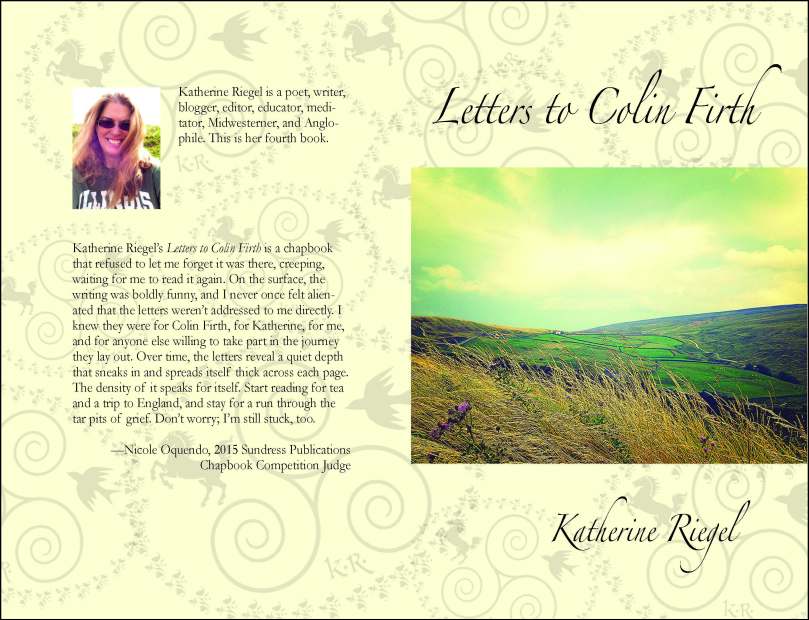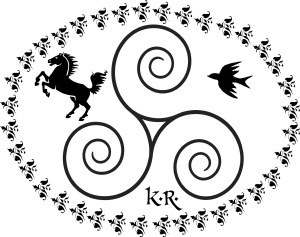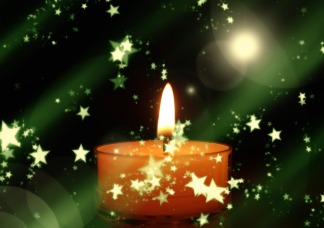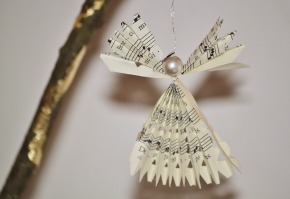I’ve always wanted to be able to honestly use this phrase, to have something so important, so vital, that it truly was a matter of life and death. That’s why we watch action movies and read fantasy novels, where people fight with swords and good wins over bad and that means, literally, that some people live and some die.
Instead my existence seems like a continuous series of trips to the grocery store: boring, stressful, expensive, and full of temptations to indulge in sweets over substance. 
But then, when my depression feels most acute—when it reaches a sort of fever pitch—and I think these words, “I don’t know if I can bear it”—I miss those humdrum days. When I get to this pinnacle of pain, often without a particular instigating incident, I begin to think it truly is a matter of life and death. Because what are the options if you truly can’t bear it, the pain that crushes you?
I go to the drugstore for anything that might help: vitamin D, vitamin B, vitamin chocolate, and when the clerk asks me how I’m doing I want to say, “I’m trying to stay alive, actually.” My internet slows down, a friend’s child is sick, my cat barfs, my mail contains only junk, and I freak out, I scream or curse, I throw the shiny advertisements down in utter disgust. I think, again, “I don’t know if I can bear it.” Everything, everything becomes a matter of life and death.
And, of course, a matter of complete triviality, because my existence feels so small, so laughably pathetic, that it really couldn’t make a difference to the world whether I lived or died.
 What keeps me trying, bearing the pain even when it (self-loathing? fear? bottomless grief?) turns my muscles so weak I can barely hold my head up? I’m honestly not sure. Reassurance from loved ones, sometimes. The trusting look of my old deaf dog. Sometimes just the turning back and forth of a phrase—it’s a matter of life and death—from movie cliché to a phrase so true it flashbulbs the dark.
What keeps me trying, bearing the pain even when it (self-loathing? fear? bottomless grief?) turns my muscles so weak I can barely hold my head up? I’m honestly not sure. Reassurance from loved ones, sometimes. The trusting look of my old deaf dog. Sometimes just the turning back and forth of a phrase—it’s a matter of life and death—from movie cliché to a phrase so true it flashbulbs the dark.
Because the phrase is funny. And it’s deadly serious. It’s about me, and it’s never really about me. Because there are people dying, with no choice at all in the matter. People who have never thought, “I don’t know if I can bear it.” People I wish I could save, including those who did think those very words and decided they could not, actually, bear it.
And I figure, if I want to save them, I should start somewhere. Start here. With my own ridiculous self. Because it is a matter of life and death, my friends. Mine. Yours. Ours. The whole damn world’s. This breath, a matter of life. And the next one. And the next. 










